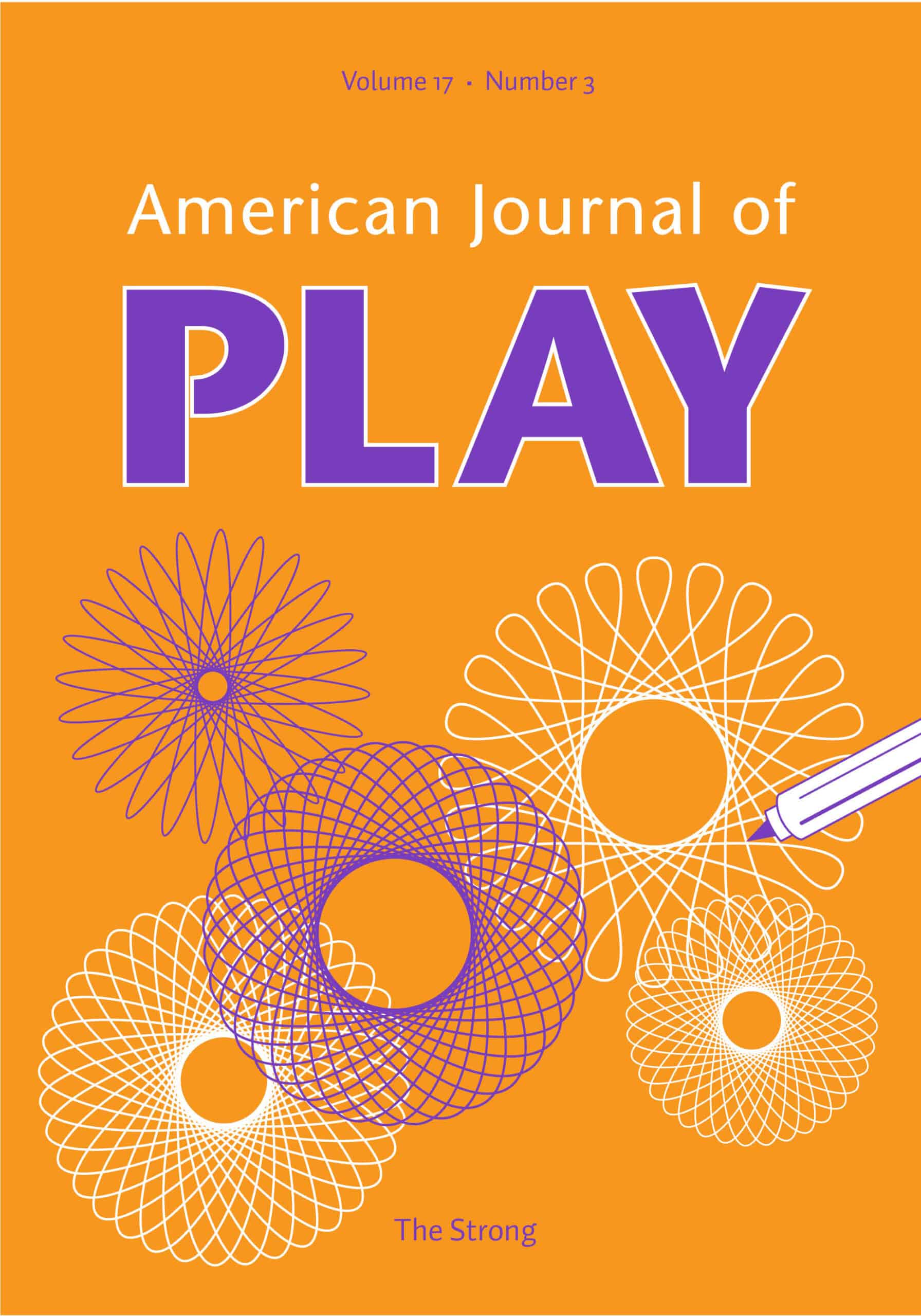Hurried Children and the Power of Play: An Interview with David Elkind
Best known for his parenting books The Hurried Child, All Grown Up and No Place to Go, Miseducation: Preschoolers at Risk, and The Power of Play, David Elkind is currently professor emeritus of the Eliot-Pearson Department of Child Study and Human Development, Tufts University in Medford, Massachusetts. Elkind’s bibliography now numbers over five hundred items and includes research, theoretical articles, book chapters, and twenty-two books. He is a member of many professional organizations and is a past president of the National Association for the Education of Young Children (NAEYC). In addition to having been a consultant to state education departments and government agencies, Elkind lectured extensively across the United States, Canada and abroad. Key words—child development; childhood play; Jean Piaget; The Hurried Child





